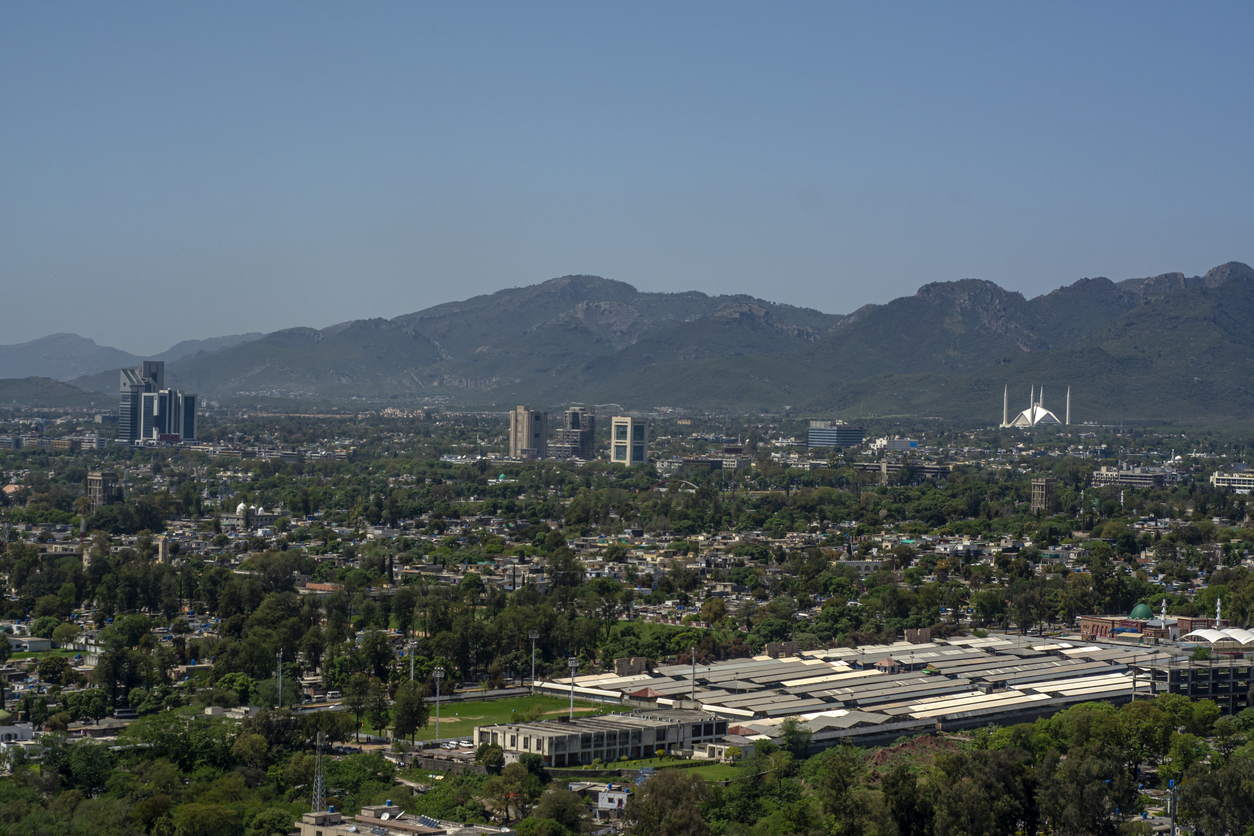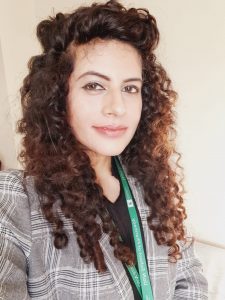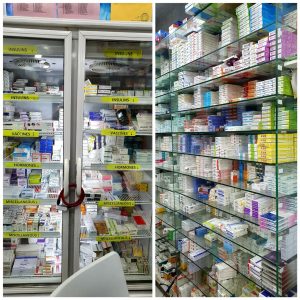
November 19, 2020, by Rob Ounsworth
Calm analysis and rational planning: how I completed PhD fieldwork during Covid
Ayesha Iqbal, a PhD student in the School of Pharmacy, shares her experience of a recent field trip to Pakistan
Travel during the Covid-19 pandemic seems like a luxury many people could not afford. Being a second year PhD student, I also spent my fair share of time wondering how and when I will get the opportunity to collect data via fieldwork for my research. I used to ask myself if it was safe to travel. In truth, calm analysis and rational planning allowed me to take a field trip to Pakistan and collect my data amidst the global pandemic.
Let me break the ice by telling you a bit about myself. Have you ever heard about Nobel laureate Malala Yousafzai? I come from the same part of Pakistan, a province named Khyber PukhtoonKhuwa (KPK), which is known for its natural beauty, cultural heritage and rich history. Thanks to the Vice-Chancellor’s Scholarship for Research Excellence for International Students and Schlumberger Foundation Scholarship, I am currently pursuing my PhD in Pharmacy Practice and Policy.
Back to my fieldwork predicament. Once the national lockdown eased and the Foreign Office allowed international travel for essential activities, I approached my supervisors (virtually of course!) and discussed the possibility of collecting data and travelling for fieldwork. Professors Claire Anderson and Roger Knaggs were very understanding and offered great guidance on the steps I needed to take.
I completed a comprehensive fieldwork risk assessment, made a detailed itinerary and planned for every possible hazard and emergency. Another challenge was to plan the fieldwork near hospitals equipped with capacity to test and provide admission facilities to Covid-19 patients. Pakistan is a developing nation with a population of more than 200 million, so economic and health resources are limited.
For my fieldwork, I carried out observational case studies in community pharmacy setups in the federal capital, Islamabad, and the surrounding rural area. This helped me visualise how organisational, cultural and personal factors and norms may influence the work of community pharmacists in helping chronic pain patients rationalize their opioid analgesics use and increasing patient safety.
The pharmacy profession and the dispensing laws in Pakistan are currently weak in implementation and practice, and pharmacists are not always present in rural areas or smaller cities. This system allows self-medication and diverted, irrational use of prescription medicines. By observing community pharmacy settings, where a pharmacist is present versus those settings where they are not, I was able to identify the possible future role of community pharmacists, which might have economic as well as public health benefits in a developing country, while also highlighting the value of a currently neglected health profession.
I am a fully licensed pharmacist and, interestingly enough, the actual observation part of my fieldwork was not entirely different. Sure, I had to wear a facemask and observe social distancing, but all seemed to be business as usual. Everything, including the medicine dispensing and compounding, seemed to be going at their usual pace. However, people were careful, standing in lines and talking through glass windows. Social distancing guidelines were followed, but I was pleased to see that the pharmacy staff, although sitting far from each other, continued to engage in interesting day-to-day conversations over a cup of tea.
With the world hiding behind computer screens, we already need to increase our human interaction.
Yet the Covid-19 crisis has taken us even further apart, physically speaking. In such troubled times, I had support from my supervisors, university, family and friends, good-natured strangers. All of this along with the national guidelines for Covid-19 helped keep me safe while minimally impacting my fieldwork.
By the way, once I reached Pakistan, I had to do a two-week self-isolation, which is a blessing in disguise for a PhD student behind on her writing. Now that I am back in the UK, I am again being given two weeks at home (self-isolation) – let us cut away at the mountain of writing that I still have to do… Silver linings.
No comments yet, fill out a comment to be the first



Leave a Reply